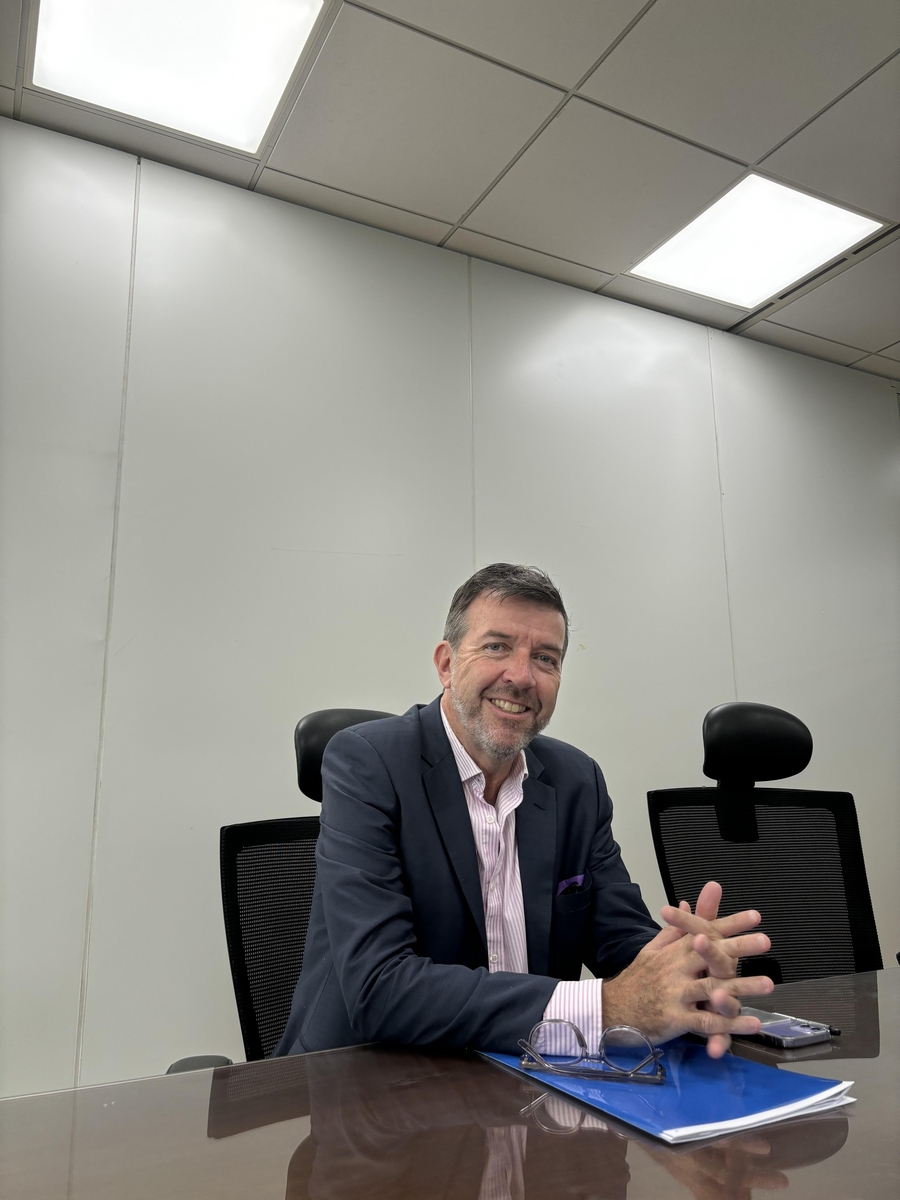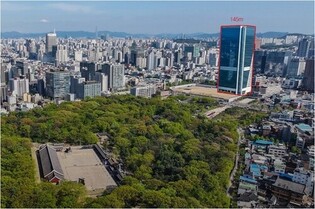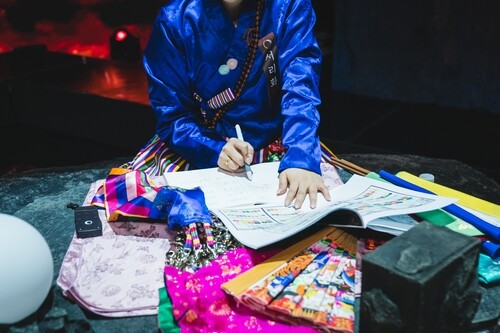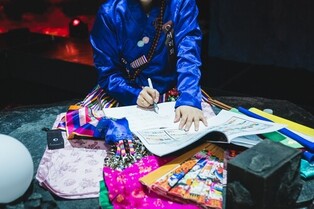 |
| ▲ James Heenan, representative of the U.N. Human Rights Office in Seoul, speaks during an interview with Yonhap News Agency in Seoul on June 5, 2024. (Yonhap) |
(Yonhap Interview) UN rights official-N Korea
(Yonhap Interview) U.N. rights official voices concern over 'increasing isolation' of N. Korea
By Kim Han-joo
SEOUL, June 6 (Yonhap) -- The head of the U.N. human rights agency's office in Seoul has praised various moves in South Korea to help victims of North Korea's human rights violations as he voiced concern over the reclusive regime's increasing isolation.
"We have more NGOs than ever, and more North Korean victim-led NGOs (in South Korea) ... but at the same time, isolation of the country is increasing," James Heenan, representative of the U.N. Human Rights Office in Seoul, said during an interview with Yonhap News Agency on Wednesday. "That's good and bad. It's a real problem at the moment."
Heenan, who assumed his post in October 2022, said public and private sectors in South Korea have greatly moved forward in shedding light on various types of human rights abuses, including forced repatriations and labor, as well as North Korea's abduction of foreign nationals, with the focus on "victims."
"In our work, in every country, we take a victim-centered approach, we focus on the people affected by the violations. Particularly in ROK, since I have been here, that has really expanded," the Australian human rights lawyer said, referring to South Korea by its official name, the Republic of Korea.
The official cited recent moves, such as designating July 14 as the official day for North Korean defectors and two monuments newly set up on the country's southern Seonyu and Hong Islands, hoping for the safe return of South Korean nationals abducted by North Korea in the late 1970s.
While North Korea may not be the only isolated country, Heenan said issues in North Korea are somewhat different from cases such as Syria and Belarus, since the monitoring is conducted externally and it is a very long-standing conflict that goes back over 70 years.
The official said he has never witnessed a country where it is impossible to wire money for family members or even make a phone call.
"Isolation is bad for human rights ... without engagement, you can't move forward with issues," he said.
North Korea is one of the most isolated countries in the world as it keeps a tight lid on almost all information and denies its people access to the outside world.
Still, some North Koreans in the areas bordering China are believed to be communicating with people in China and South Korea through mobile phones smuggled in from China. Some North Korean defectors in South Korea send money to their family members left behind in North Korea through middlemen who can move in and out of North Korean areas bordering China.
Heenan said the office is preparing for another report on the reclusive state's rights abuses scheduled for September next year, as 2024 marks the 10th anniversary of the release of a landmark U.N. report on North Korea's rights abuses.
In 2014, the U.N. Commission of Inquiry (COI) report accused the North Korean regime of "systematic, widespread and gross" human rights violations and made related recommendations.
"We are going to spend the next year writing this report," he said, adding that the office has already collected a lot of information and evidence backing up various rights violations in the reclusive regime.
Heenan emphasized the importance of the office's role in monitoring human rights violations but at the same time, collecting evidence that could one day be used for prosecutions of crimes against humanity in North Korea.
"International justice takes a long time," he said, citing the example of the U.N.-backed tribunal set up in Cambodia that took 20 years or more, adding that it is "slow and painstaking work."
"We also encourage ROK to proceed with prosecution," he said.
Heenan also said heightened tension on the Korean Peninsula triggered by North Korea's latest trash-carrying balloon campaign would make South Koreans very tense, yet it is not the agency's priority.
"The arrival of the balloons here is not the top human rights issue," he said, adding that the issue should be dealt with by the government for its sovereignty.
As to some views that a series of North Korea provocations are only making the public, especially the younger ones, more indifferent to the human rights issues, the official confidently said young people will become more interested in the issues.
"ROK has a strong human rights culture, because of your history," he said, also noting that various protest movements around the globe are led by the younger generation.
Under his leadership, the Seoul office in March published a report called "These wounds do not heal," highlighting the enforced disappearances and abductions by the North Korean regime. Another report on North Korea's forced labor issue is scheduled for July.
The Seoul office of the U.N. OHCHR was established in June 2015 as part of global efforts to better monitor the human rights situation in North Korea and to document related data and information.
(END)
<저작권자(c) 연합뉴스, 무단 전재-재배포, AI 학습 및 활용 금지>
(C) Yonhap News Agency. All Rights Reserved


































